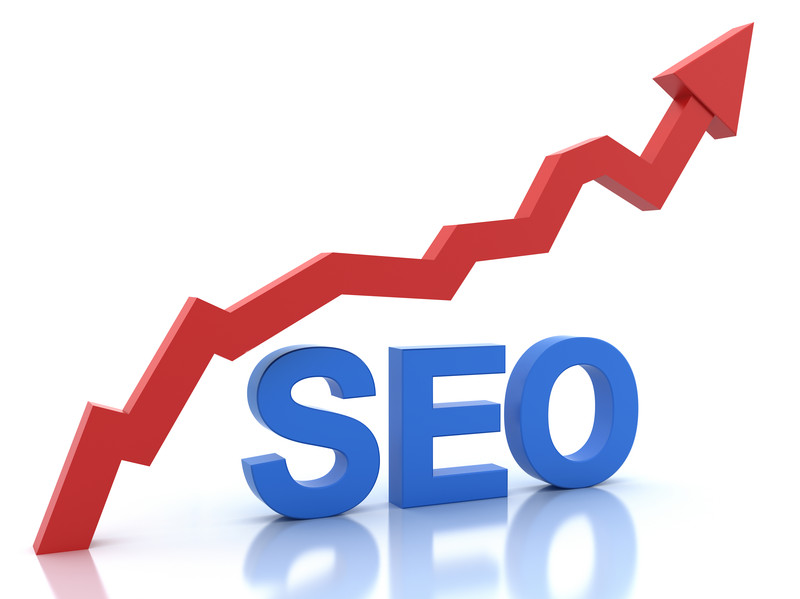Common Myths about Local SEO
By pinnacleadmin / 17 June 2016 / SEO / 3 min read

Local SEO optimises local results for search engines but myths exist that need to be dispelled if local SEO is to be properly understood. Here are the most common myths, followed by the reasons why they’re untrue!
1. If you don’t claim your local page, your business won’t be visible online
This simply isn’t true because if you do nothing to your local listing, your verification status is unlikely to affect your ranking.
2. Removing a “My Business” listing on Google deletes your entire Google listing
If you delete your local listing it becomes unverified but doesn’t completely disappear. It will continue to appear on Google Maps and in search results provided the details and categories are intact.
3. Google views ‘Professional/Practitioner’ as duplicates, hence, they can be removed
Listings are often created by Google for professionals in public-facing roles, e.g. doctors, therapists and lawyers. However, some professionals try to erase these. The truth is, Google will only delete them if the person isn’t in a direct public-facing role, e.g. an administrator.
4. Relocating your business means you have to close your listing for your previous location
Google My Business & Google MapMaker have differing views on this. MapMaker advises you to mark listings as “closed” when moving but this means your listing will be marked as “permanently closed” in search results, which doesn’t look good when you are, in fact, still open! My Business recommends that you simply edit your address when you relocate and only mark unverified duplicate listings for your old address as “Moved”.
5. Google+ postings will boost your ranking
Google+ isn’t a ranking factor and it’s virtually impossible for visitors to see your Google+ posts without specifically searching for them. There’s no connection between your Google+ and your local listing so you don’t need to worry about this.
6. “Maps SEO” and “Organic SEO” are not connected
Optimising your business for Google Maps isn’t a separate exercise from organic SEO and any changes to your website will have an impact on your local ranking.
7. Selecting a large service area will help you to rank in different towns
Google lets businesses with a service-area establish a radius surrounding their business address to show their acceptable travel distances to customers. A large radius won’t help you rank in additional towns and you’ll continue to feature in the town where your business is based.
8. Google only pulls information from My Business dashboard.
Dashboard data is only one element that Google uses in search results. Data is also obtained from your business website, Google Maps/MapMaker as well as third-party sources.
Being aware of these myths will help to improve your business’ local SEO, which will ultimately lead to better business for you and your company.








